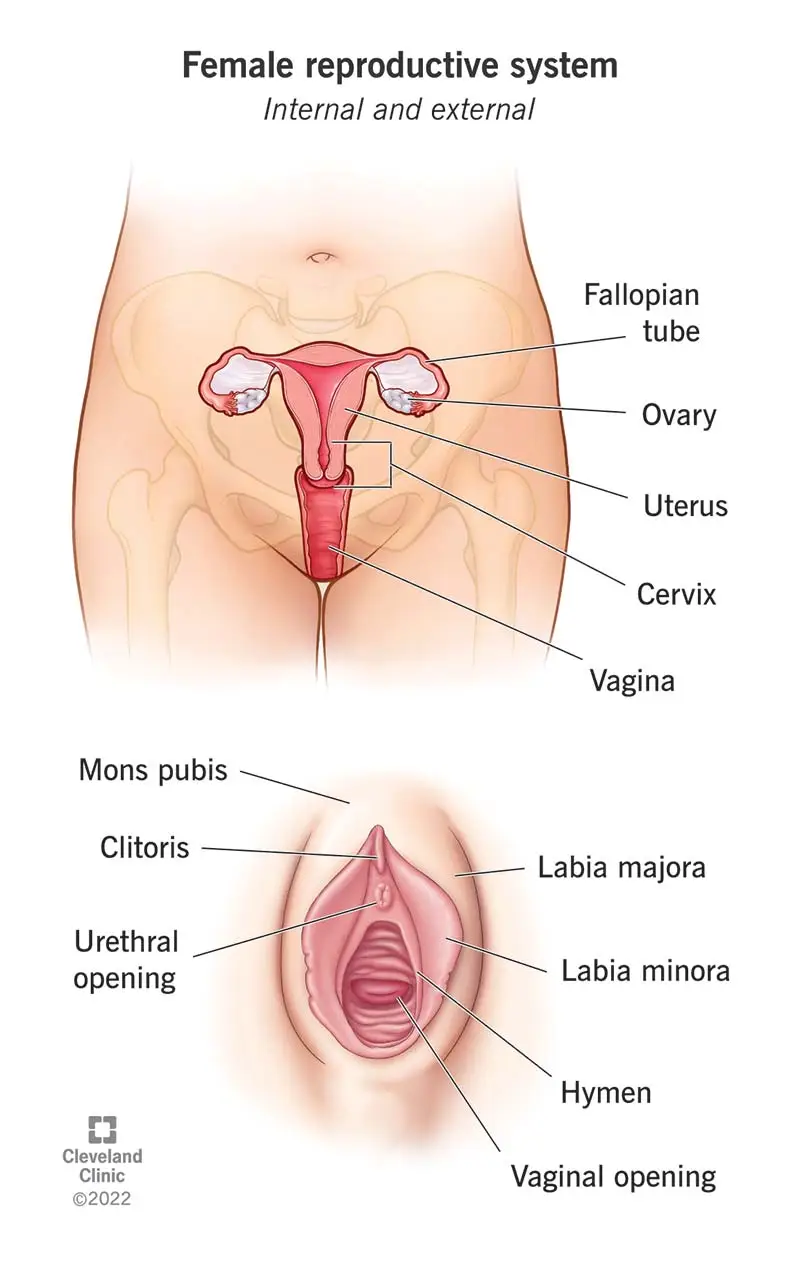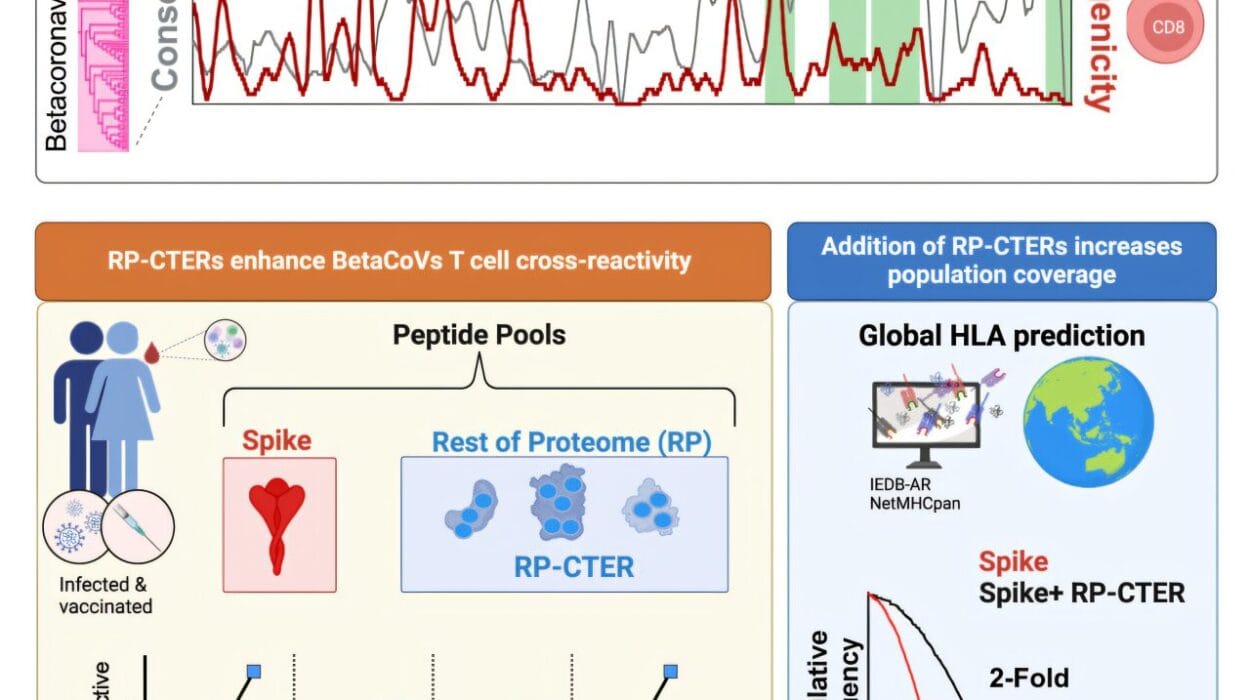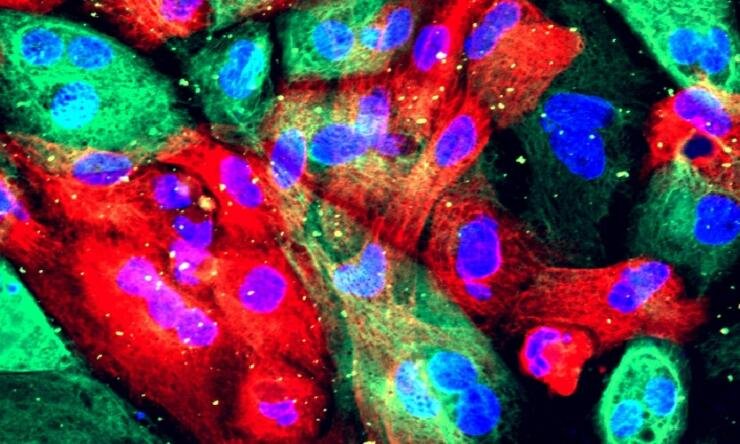When we talk about health, our minds often go to heart disease, gut health, or even mental wellness. But reproductive health? That tends to get pushed into the background—until something goes wrong. Yet your reproductive system isn’t just about making babies. It’s deeply interwoven with your hormonal balance, menstrual cycle, libido, energy levels, and overall well-being. For women and people with female reproductive anatomy, a healthy reproductive system is the foundation of hormonal harmony, emotional steadiness, and a vibrant life.
From menstruation to menopause, and from ovulation to orgasm, your reproductive system plays multiple roles throughout your life. Keeping it healthy means more than just avoiding infections or preventing pregnancy. It’s about creating balance, nurturing your body, and listening to what it’s trying to tell you every single day.
Understanding Your Reproductive System: More Than Organs
Before you can care for your reproductive system, you need to understand it. It’s easy to think of it in terms of just the uterus, ovaries, and vagina—but that’s only part of the picture. Your reproductive system includes a complex network of hormones, tissues, cycles, and signals. The brain, especially the hypothalamus and pituitary gland, kicks off hormonal messages that influence ovulation, menstruation, and more. Your thyroid plays a role. Your adrenal glands help regulate stress, which in turn affects your cycle. Your gut even helps metabolize estrogen.
Each month, your reproductive system prepares for the possibility of creating life. Even if you’re not trying to get pregnant, that cycle influences your skin, weight, mood, immune system, sleep, and digestion. A healthy reproductive system is like a symphony—every part must work in harmony. And if one instrument is out of tune, the entire experience shifts.
The Menstrual Cycle as a Health Barometer
Many people think periods are just a monthly nuisance. But your menstrual cycle is a powerful indicator of what’s going on inside your body. A regular, balanced cycle usually means your hormones are doing their job. Irregular periods, painful cramps, or heavy bleeding, on the other hand, might be telling you something’s off.
Your period can be affected by stress, diet, exercise, sleep, and underlying conditions like PCOS or endometriosis. Treating it like a health report instead of an inconvenience can help you stay tuned into your reproductive wellness. Observing your cycle—how long it lasts, how much you bleed, whether you have spotting or cramps—can give you early warnings about hormone imbalances, thyroid problems, or even nutritional deficiencies.
In fact, some doctors refer to your menstrual cycle as the “fifth vital sign.” That’s how crucial it is.
Nutrition as a Fertility and Hormone Ally
What you eat has a direct and powerful impact on your reproductive health. Nutrients fuel hormone production, support healthy eggs, and keep your uterine lining functioning. Eating in a way that supports your reproductive system isn’t about dieting or rigid rules. It’s about nourishment. Whole foods, fiber, healthy fats, and micronutrients are your allies.
Omega-3 fatty acids from sources like flaxseed, walnuts, or wild-caught salmon can help regulate inflammation and support hormone function. B vitamins, especially B6 and B12, play essential roles in managing PMS, ovulation, and preventing miscarriage. Leafy greens, legumes, and seeds provide the magnesium, zinc, and iron your reproductive system craves. Antioxidants from colorful fruits and vegetables protect your eggs and reproductive organs from oxidative stress, which can age your reproductive system prematurely.
Sugar, on the other hand, can mess with your insulin levels, which in turn can throw your estrogen and testosterone out of balance. Highly processed foods, refined carbs, and excess alcohol can disrupt your hormones, make your cycle erratic, and even influence ovulation. Eating for reproductive health is about creating a stable environment where your hormones can do their job without chaos.
Stress and Its Silent Sabotage
Stress might seem like an emotional state, but biologically, it’s a hormonal event. When you’re under constant pressure—whether from work, relationships, financial issues, or even intense exercise—your body releases cortisol. That cortisol, in turn, can suppress the hormones needed for ovulation and hormone production. Your brain reads chronic stress as a sign that it’s not a safe time to reproduce.
Stress doesn’t just delay your period or make it disappear entirely. It can also contribute to painful cramps, acne, mood swings, and infertility. Even your libido takes a hit when stress is high.
Managing stress is not a luxury; it’s a necessity for reproductive balance. That doesn’t mean you need to eliminate every stressor from your life (which is impossible), but finding consistent ways to manage it—whether through meditation, therapy, gentle movement, or creative outlets—can help restore hormonal equilibrium.
The Role of Movement and Exercise
Exercise is essential for a healthy reproductive system—but it needs to be the right kind and the right amount. Too little movement can lead to weight gain, poor circulation, and sluggish hormone production. But too much, especially intense cardio or overtraining, can do the opposite. Many athletes or over-exercisers find their periods stop completely, a condition known as hypothalamic amenorrhea.
The goal is balance. Movement improves blood flow to reproductive organs, helps regulate insulin and stress hormones, and supports detoxification—especially estrogen metabolism. Practices like walking, swimming, yoga, and Pilates are excellent for enhancing pelvic health without pushing the body into stress mode.
Dance, tai chi, and even strength training can all be part of a holistic movement routine. The key is tuning into how your body feels—if your cycle becomes irregular or your energy plummets, it may be a sign to adjust.
Sleep: The Silent Hormone Regulator
You can’t talk about reproductive health without talking about sleep. Quality sleep is when your body repairs, balances, and restores. During deep sleep, your body regulates cortisol, insulin, melatonin, and sex hormones. Miss out on sleep, and your hormone signals get scrambled.
For example, poor sleep can elevate cortisol and suppress estrogen and progesterone, which can lead to shorter cycles, missed periods, or painful ovulation. Sleep also influences your immune system’s ability to fight off infections, including yeast infections, UTIs, or HPV-related conditions.
Aim for 7 to 9 hours of restorative sleep, ideally going to bed and waking up at consistent times. Creating a sleep routine—cool room, no screens before bed, calming rituals—can make a world of difference for your hormonal rhythm and reproductive vitality.
Sexual Wellness and Vaginal Health
Reproductive health isn’t just about periods or fertility—it’s about pleasure, comfort, and confidence. Vaginal health is a key part of this equation. Your vagina has its own ecosystem—called the vaginal microbiome—which includes beneficial bacteria that keep infections at bay and maintain a healthy pH balance.
Washing with harsh soaps, douching, or using fragranced products can throw off this delicate balance and lead to irritation, dryness, or recurrent infections. The vagina is self-cleaning. What it needs from you is respect, not scrubbing.
Sexual activity—whether with a partner or solo—also plays a role in reproductive wellness. It boosts blood flow, supports emotional health, and can even relieve menstrual cramps. But painful sex, low libido, or lack of satisfaction can be signs of deeper hormonal or structural issues, including pelvic floor dysfunction, endometriosis, or hormonal imbalances. Listening to your body’s signals—and seeking care without shame—is an essential part of reproductive health.
Hormonal Health: The Invisible Puppet Master
Hormones orchestrate your entire reproductive system. Estrogen, progesterone, testosterone, luteinizing hormone (LH), follicle-stimulating hormone (FSH), and others work together to maintain cycles, fertility, energy, mood, and libido. When these hormones are balanced, everything hums along. When they’re not, symptoms appear—irregular cycles, mood swings, weight gain, acne, painful periods, and more.
Balancing your hormones isn’t about magic pills—it’s about lifestyle. Nutrition, stress, sleep, movement, toxin exposure, and even mindset play a role. Seed cycling, adaptogens like maca or ashwagandha, acupuncture, and herbal teas can support balance, but they work best when paired with foundational health practices.
Getting regular hormone testing—especially during your reproductive years or when you notice shifts—is important. Conditions like PCOS, thyroid disorders, and perimenopause all involve hormonal fluctuations that deserve care and management.
Fertility Awareness and Body Literacy
One of the most empowering things you can do for your reproductive health is to learn how your body works. Fertility awareness isn’t just for people trying to get pregnant—it’s a tool for understanding your cycles, identifying hormonal imbalances, and syncing your life with your natural rhythms.
Charting your cycle—tracking basal body temperature, cervical mucus, and menstrual timing—can tell you when you’re ovulating, if your cycle is regular, and whether your hormones are doing their job. Apps can help, but understanding the biology behind the data is even more powerful.
This awareness can help you spot early signs of issues, work with your doctor more effectively, and feel a deeper connection with your body.
Toxic Load and Environmental Hormone Disruptors
We live in a world filled with chemicals that didn’t exist a century ago—many of which act as endocrine disruptors, meaning they interfere with your hormonal system. These include BPA in plastics, phthalates in fragrances, parabens in cosmetics, and pesticides in food.
Over time, these chemicals can accumulate in your body and mimic estrogen (a phenomenon known as estrogen dominance), contribute to fibroids, PMS, infertility, and even hormone-related cancers. Detoxing your environment—switching to clean beauty products, using glass containers, and buying organic when possible—can reduce this toxic load.
Your liver and gut play a huge role in detoxifying excess hormones and chemicals, so supporting these organs with healthy food, hydration, and fiber is crucial too.
Preventive Care and Regular Checkups
Reproductive health is not a “fix it when it breaks” system—it requires ongoing care. Regular visits to your OB/GYN, annual pelvic exams, Pap smears, STI screenings, and breast checks are all important. If something feels off, don’t wait. Painful periods, unusual discharge, changes in your cycle, or pelvic pain are worth investigating.
Preventive care isn’t just about catching diseases early—it’s about optimizing health and catching small issues before they become big problems. Build a healthcare team that listens, respects, and empowers you.
Reproductive Health Across the Lifespan
Your reproductive health evolves over time. What your body needs in your twenties is different from your forties. In your twenties and thirties, cycles are often more predictable, and fertility peaks. In your forties, you may start experiencing perimenopause—a time of transition marked by hormonal fluctuations, irregular cycles, and new symptoms.
Menopause, which marks the end of menstruation, doesn’t mean the end of reproductive health. In fact, it’s a powerful new chapter. Hormones shift, yes—but so can your perspective, libido, and wellness priorities. Staying healthy during and after this transition requires attention to bone health, heart health, vaginal health, and mental well-being.
Reproductive health isn’t a phase—it’s a lifelong relationship.
Empowerment Through Education and Community
One of the most powerful ways to protect your reproductive health is to talk about it. Silence breeds stigma. Knowledge breeds empowerment. Share information. Ask questions. Break taboos. Whether you’re in a doctor’s office, a women’s circle, a classroom, or a Zoom meeting, reproductive health deserves a seat at the table.
Your reproductive system is not something to be ashamed of. It’s not dirty, mysterious, or complicated—it’s intelligent, dynamic, and worthy of your attention. Learning about your body, advocating for your needs, and supporting others on the same path creates a ripple effect that transforms not just individual lives, but whole communities.
Final Thoughts: Your Body is Speaking—Are You Listening?
Your reproductive system is wise. It speaks in rhythms, in symptoms, in signals. It’s constantly communicating—through your period, your libido, your energy, your skin, your mood. Learning to listen is the first step toward vibrant health.
Caring for your reproductive system is not about perfection or control. It’s about partnership. Your body isn’t your enemy—it’s your ally. And when you nourish it, honor it, and work with it, you unlock a kind of health that goes far beyond reproduction.
It’s about vitality, resilience, and power.






